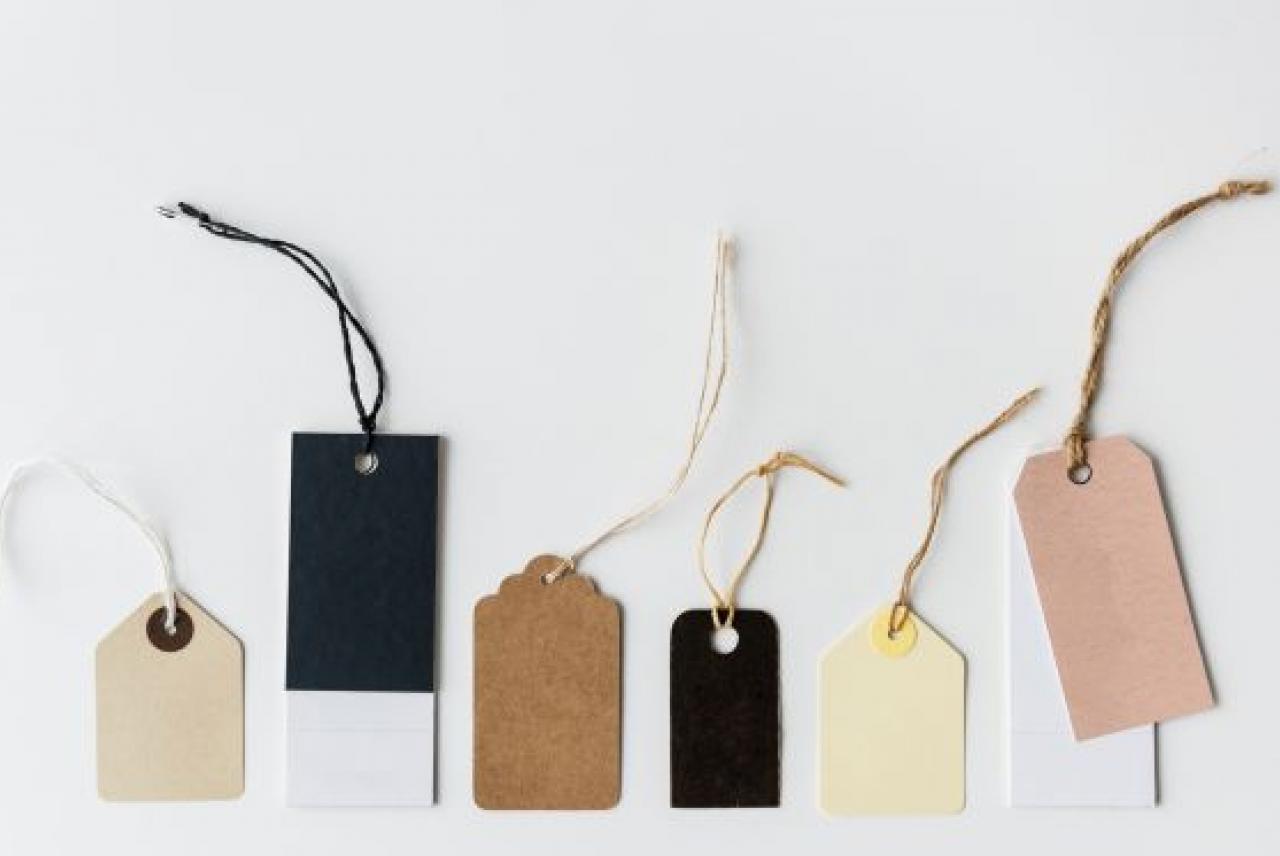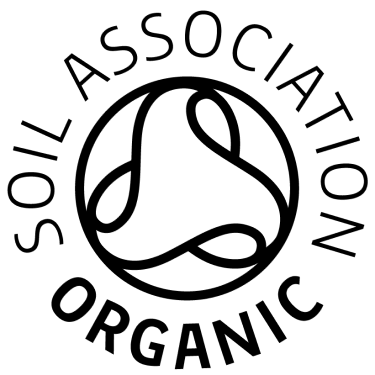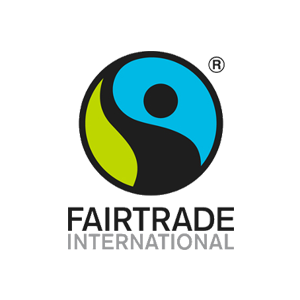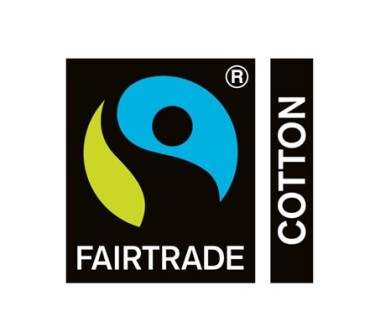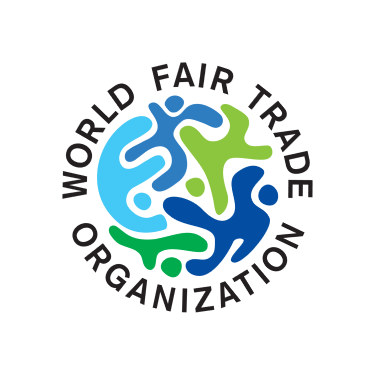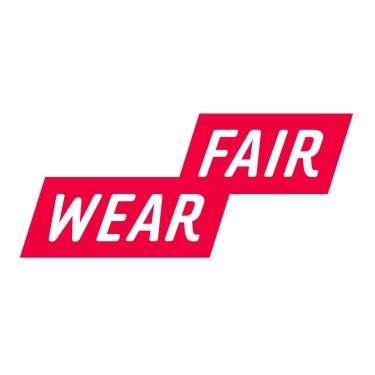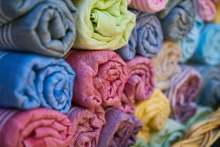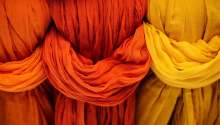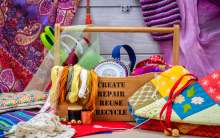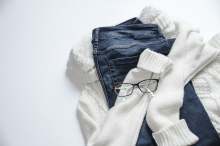FAIRTRADE mark (all materials)
If you see the FAIRTRADE mark on a garment it means that all the raw cotton has been sourced from a Fairtrade-certified producer organisation.
Those growing the cotton received a better price. Workers on farms received fair pay and conditions. Fairtrade retailers also pay a ‘Fairtrade premium’, which goes into a communal fund for farmers and workers to use as they see fit.
It’s also been produced in a registered supply chain where there’s full traceability of the cotton at every stage of a garment’s production from the spinning of the cotton to assembly of the finished item. This mark also excludes the use of GM cotton.
The mark can be used on 100% cotton clothing, or clothes with a blended fabric if 100% of the cotton was Fairtrade.
The Fairtrade mark is issued by Fairtrade International. The Fairtrade Foundation is the UK member of Fairtrade International.
Our quick guide to fair trade fashion lists a number of FAIRTRADE brands.
Fairtrade International has a guide to all the different marks it uses.
